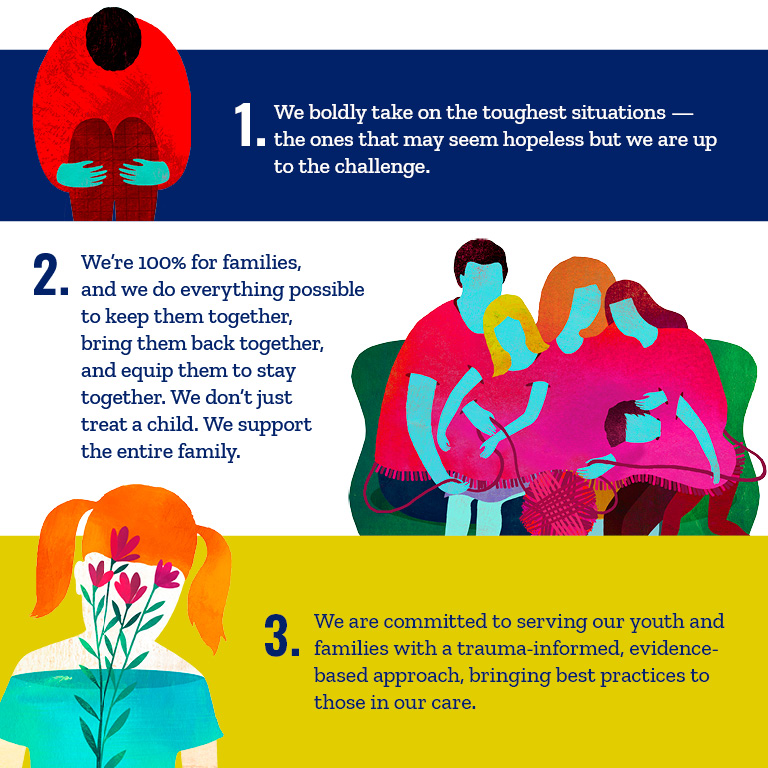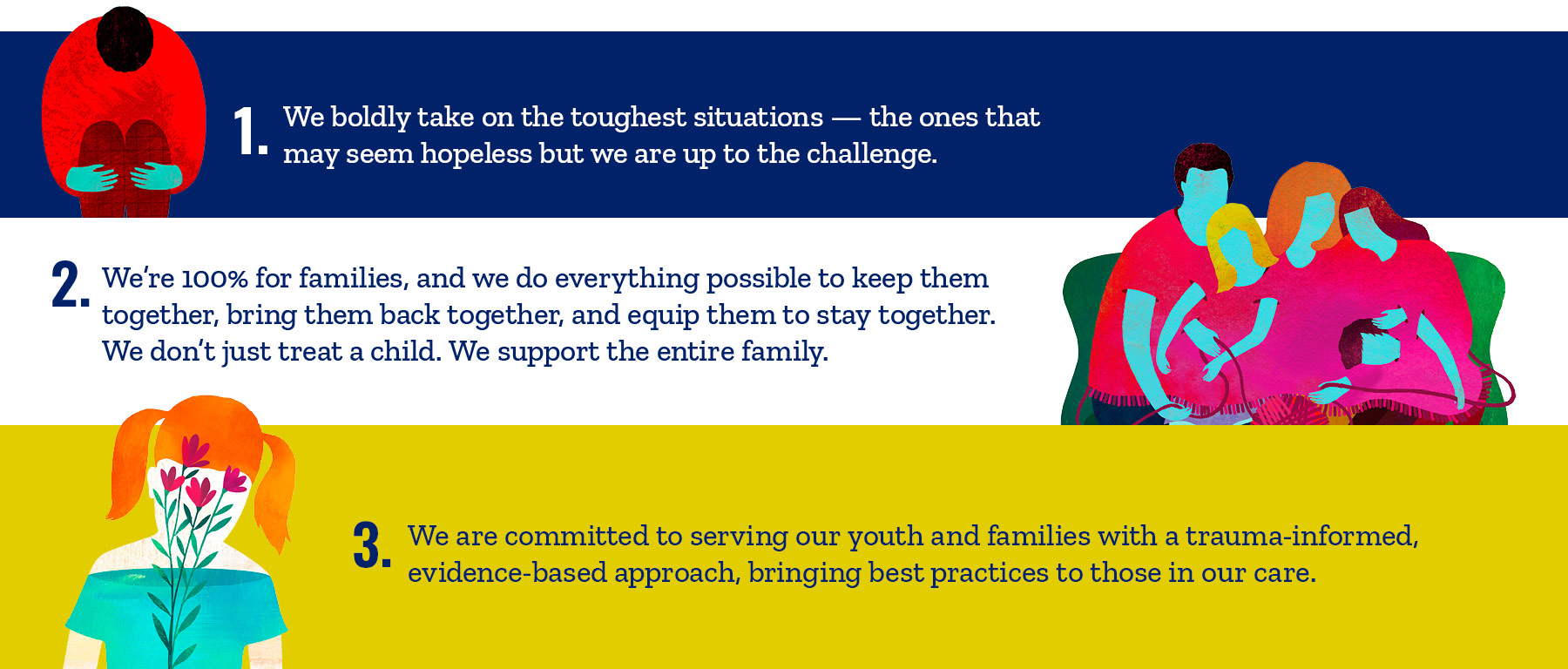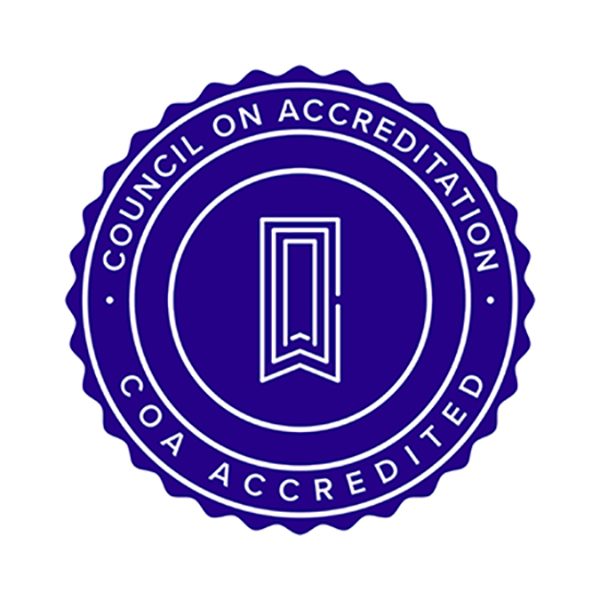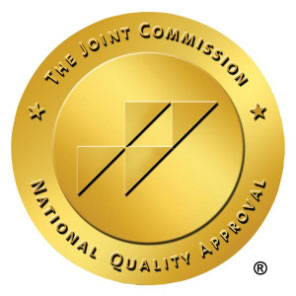You and your family might have tried many options. You might feel exhausted, discouraged, or afraid. You might even believe your situation is hopeless. But, at Nexus, we don’t.
We believe no child or family is ever beyond hope.
That’s why we never give up—not on a child, not on a family, not on you. Where some see problems, we see the potential. What some call impossible, we call our mission. Nexus Family Healing is here to help you turn things around.

“Nexus was able to step in when we couldn’t help our child anymore."
- Parent
What’s different at Nexus?
We are experts in mental health, behavioral health, and trauma for children, teens, adults, and families and serve thousands of individuals through our outpatient and community mental health services, foster care and adoption and residential care. We also have a strong reputation in three key areas:










